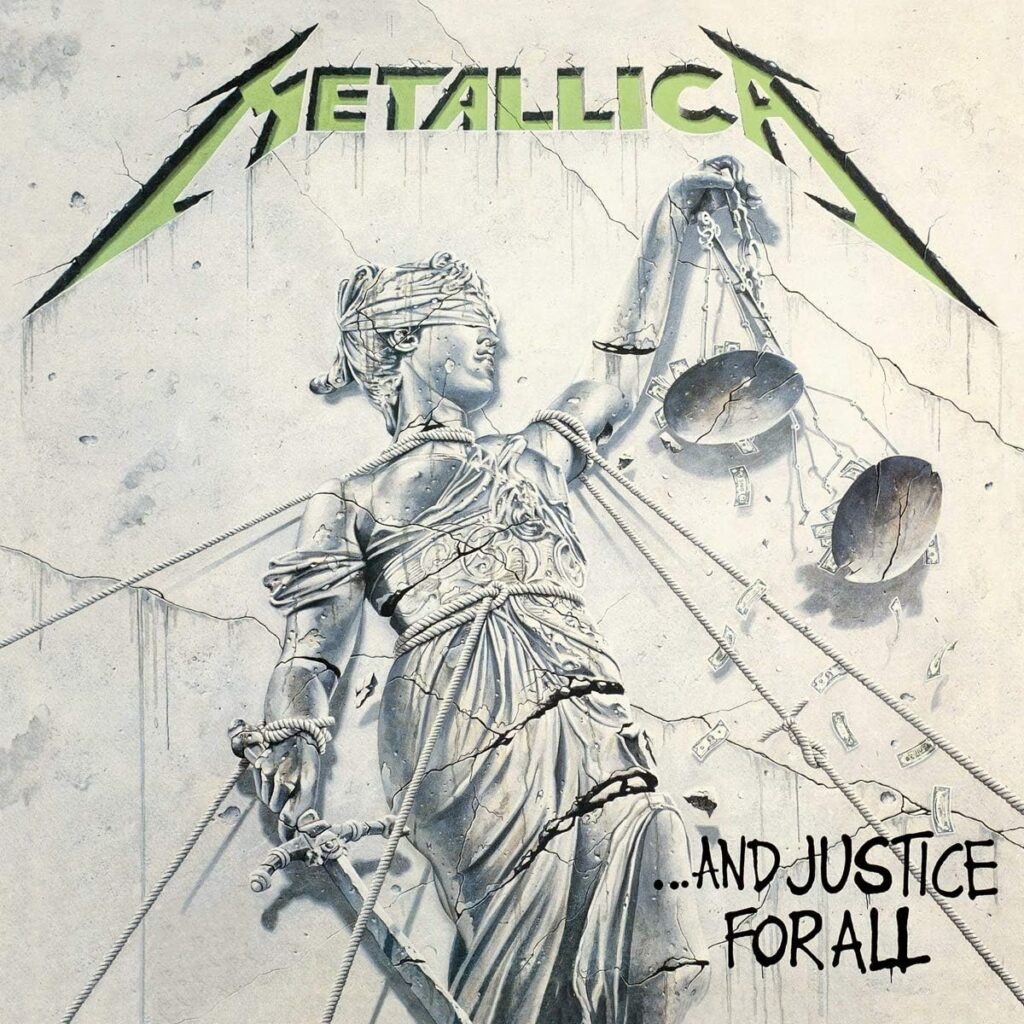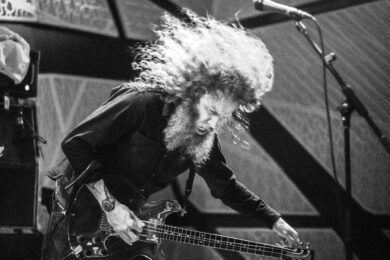6. Metallica…And Justice For All

It was very formative for me in a lot of ways, not least of which is the long song structures. I remember listening to this too whilst lying down. Being in that prone state, with the music on the stereo or in your headphones, where you’re really just listening. I remember lying in the back of my parent’s car, on a road trip somewhere, just listening to these songs unfold one riff after another followed by these really cool harmonised leads and just thinking that this was musical perfection. Like, ‘How did humans come up with this?’
There is something about the coldness of the recording that I think is also interesting. Like the recording itself is aggressive. There was a lot of anger and aggression in the music but also a lot of sadness and power. For me at the time, that was what I needed. I didn’t have a lot of tools to communicate what I was experiencing but I had this music which was a good representation of what was happening on the interior. I was having some kind of crude but, nonetheless there, political awakening where I was starting to learn about the power structures of the world and, ham-fisted though it may be, [Metallica] were addressing some of these things – the injustices of the power structures and the ruling class. That was useful to me. This was also a particularly important record for me because the first thing that I ever learned to play on guitar was the intro to ‘One’.


